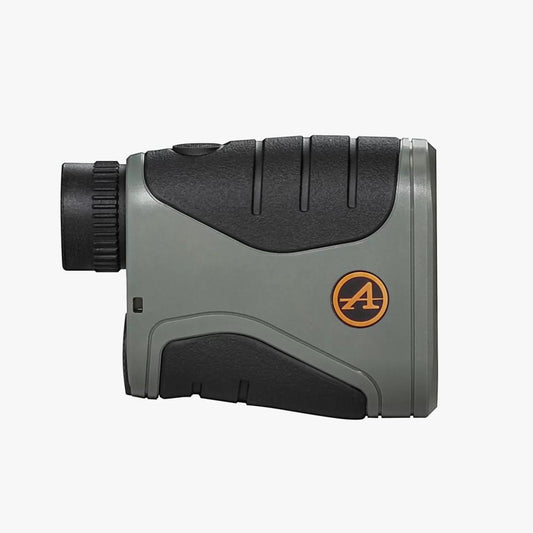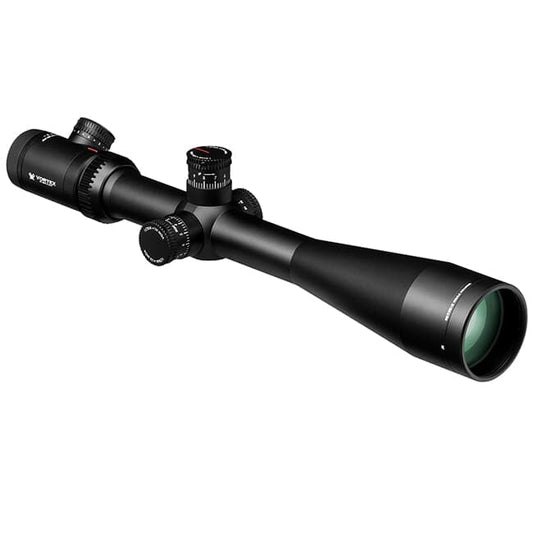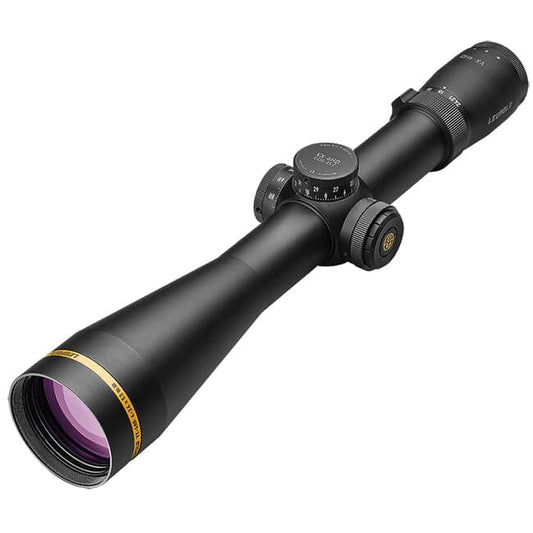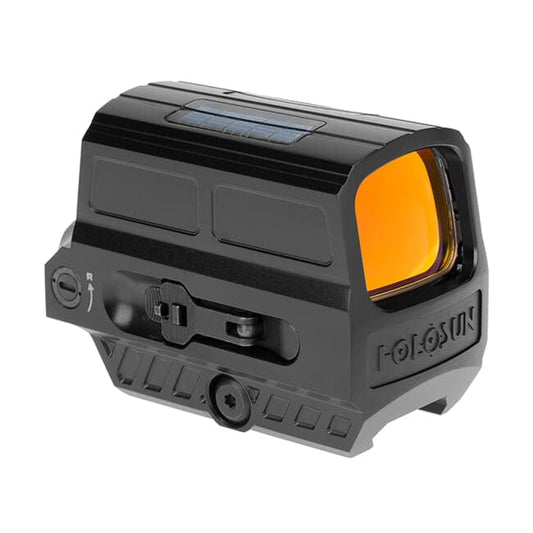

Athlon Midas G2 1 Mile Laser Rangefinder provides precise distance measurements, making it an essential tool for hunters, golfers, and outdoor enthusiasts. With a quick response time of just 1/10th of a second, it helps you acquire targets accurately and efficiently. The scan mode feature allows for seamless tracking of multiple targets, perfect for dynamic situations. True angle compensation technology ensures that readings are accurate, even on inclines, which is crucial for making informed decisions in the field.
This rangefinder also offers height measurement capabilities, allowing you to evaluate how high a target is for better strategic planning. Built with durability in mind, it withstands tough conditions while remaining compact and lightweight, making it easy to carry. User-friendly design ensures that anyone can operate it effortlessly, ensuring a seamless experience whether you're on the course or in the woods.
Key Features:
- FAST RESPONSE for instant target acquisition, ensuring you never miss a shot.
- SCAN MODE allows you to track multiple targets quickly, ideal for dynamic environments.
- ANGLE COMPENSATION provides accurate readings on inclines or declines, improving your aim.
- HEIGHT MEASUREMENT gives you the ability to know how high a target is, enhancing your strategic options.
- DURABLE DESIGN built to withstand tough weather conditions, perfect for outdoor use.
- COMPACT SIZE makes it easy to carry in your pocket or bag, always ready for use.
- USER-FRIENDLY interface ensures that anyone can navigate it with ease.
- LONG RANGE capability up to 1 mile, suitable for a variety of applications.
Technical Specifications Table
| Specification | Details |
|---|---|
| Magnification | 6x |
| Objective Lens Diameter | 24mm |
| Weight | 6.3 oz |
| Dimensions | 4.2 x 1.5 x 2.5 inches |
| Material | Lightweight plastic with rubber armor |
What’s in the Box?
- Lens covers
- Padded case
- Neck strap
- User manual
Customer Reviews
“This rangefinder is a game changer for my hunting trips!”
“Super easy to use and incredibly accurate. I love it!”
“Best investment I've made for my golfing.”
FAQ
- How does the rangefinder perform in low light conditions? The Athlon Midas G2 performs well even in low light due to its high-quality optics.
- What is the battery life? It typically lasts for several months with regular use. Always carry a spare!
- Can it measure heights accurately? Yes, it has a dedicated feature for precise height measurements.
- Is it waterproof? Yes, it is designed to withstand various weather conditions.
- How does it compare to other brands? The Athlon Midas G2 offers superior speed and accuracy, making it one of the best options on the market.
Similar Models
Looking for more options? Discover our extensive Athlon lineup, including models like the Athlon Ares 10x42 for greater visibility in low light and the Athlon Cronus 15x56 for enhanced performance. Explore our full collection for exceptional optics tailored to your adventures.
You May Also Like
Here’s some of our most similar products people are buying. Click to discover trending style.






